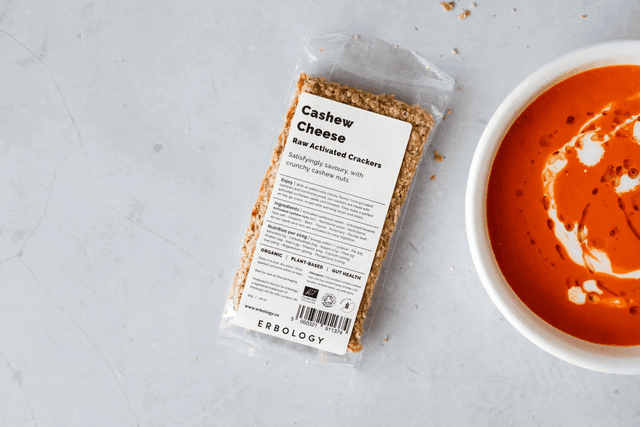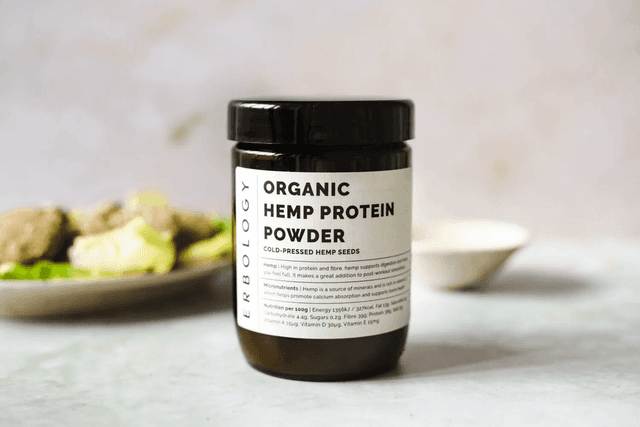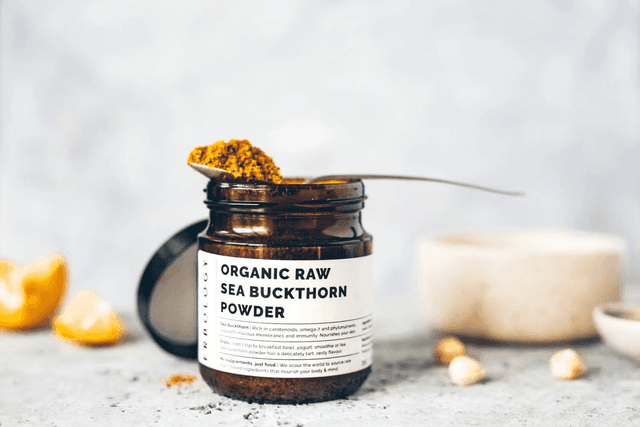03 Apr 2023
What is folate deficiency?
What is folate?
Folate is the natural form of vitamin B9, an essential nutrient that has several key roles in the body. These include helping to make and repair DNA and RNA, produce red blood cells, and metabolise protein. Folate’s involvement in cell division and growth means it's particularly crucial during periods of rapid development. This includes pregnancy, infancy, and adolescence.
In addition, folate is important for breaking down the amino acid homocysteine. Too much of this can have harmful effects on the body, including increasing the risk of cardiovascular disease and stroke.(1)
Our bodies are not able to make folate on their own. That means we need to obtain it from our diet in order to avoid folate deficiency. Interestingly, the word ‘folate’ comes from the Latin folium, meaning ‘leaf’. So it should come as no surprise that dark leafy vegetables are one of the best sources of the vitamin!
Technically, ‘folate’ refers to a group of compounds. The biologically active form of vitamin B9 is one type of folate called levomefolic acid, or 5-methyltetrahydrofolate (5-MTHF). Your digestive system converts most dietary folate into 5-MTHF before it enters the bloodstream. This enables your body to utilise it more effectively.
What is folate deficiency?
Put simply, a folate deficiency is when you don’t have sufficient levels of vitamin B9 in your body. This may result in a number of unwanted symptoms and side effects, which we’ll discuss below. First, however, let’s look at what can cause folate deficiency.
Folate is a water-soluble vitamin. This means that it dissolves in water, and is excreted in your urine when you have excess amounts of it. The body is unable to store folate in fat cells, and therefore can’t build up a reserve of B9. As such, you must continue to obtain folate from your diet in order to maintain healthy levels of the vitamin. If you don’t, folate deficiency can manifest in just a few weeks.
The most common cause of folate deficiency is not getting enough of it in your diet. This could be because you’re not eating foods that provide you with the vitamin, or because you’re overcooking those foods. As an example, studies suggest that boiling spinach and broccoli can reduce the amount of folate they contain by half.(2)
However, there are other reasons that you might develop a folate deficiency. For instance, certain medical conditions that affect nutrient absorption in the digestive system may prevent you from getting sufficient folate. These include celiac disease, Crohn’s disease, and specific cancers. Likewise, some types of medication can lead to folate deficiency.
In addition, some people have a genetic mutation that prevents the body from properly converting folate to its active form. This means that even if you get adequate folate in your diet, your body cannot utilise it.
Finally, drinking excessive amounts of alcohol can result in folate deficiency. That’s because it both hinders folate absorption and increases the amount of it excreted in your urine.(3)

Understanding folate deficiency symptoms
There are a number of possible indications of folate deficiency, some of which are more obvious than others. Some of the folate deficiency symptoms you may experience include:
- Growth problems
- Fatigue
- Mouth ulcers and sores
- Grey hair
- A red, sore and/or swollen tongue
- Vision problems
- Muscle weakness
- Depression
- Impaired memory, judgement and understanding
- Tingling, numbness, or pins and needles (paraesthesia)
- Peripheral neuropathy (nerve damage in the body’s extremities)
Anaemia is another common result of folate deficiency. This is a condition in which you don’t have enough red blood cells or haemoglobin to transport the oxygen you need around the body. With folate deficiency anaemia, the body produces abnormally large, oval-shaped red blood cells which are unable to function properly. This is also known as megaloblastic anaemia.
Some of the symptoms that folate deficiency anaemia can cause include:
- Pale skin
- Fatigue
- Lethargy
- Irritability
- Dizziness or feeling lightheaded
- Shortness of breath
- Muscle weakness
- A fast or irregular heartbeat
- Headaches
- Chest pain
Folate deficiency often occurs alongside other nutritional deficiencies. This is because causes such as a poor diet and inhibited nutrient absorption tend to affect more than one nutrient. Therefore, you may find that you experience other symptoms at the same time.

Folate deficiency and pregnancy
As mentioned above, folate is especially important during pregnancy. Vitamin B9 is crucial for a foetus to grow and develop healthily. As such, you need to take in more of it than usual to avoid folate deficiency and the associated problems.
Research has linked low levels of folate to an increased risk of birth defects related to the spine and brain.(4) These include neural tube defects and conditions such as spina bifida and anencephaly. Folate deficiency can also pose a danger to the mother by raising the chance of complications such as pre-eclampsia.(5)
One key point in this regard is that such birth defects can occur very early in pregnancy – often before you know you’re pregnant. Therefore, it’s important to avoid folate deficiency if you are of childbearing age, even if you’re not trying to conceive.
Of course, folate is necessary for many other body functions besides pregnancy. This means that people of all ages and genders should aim to avoid folate deficiency. Let’s take a look at some of the other ways this key B vitamin can boost your wellbeing.
undefined

Organic Cashew Cheese Snacks

Organic Hemp Protein Powder
